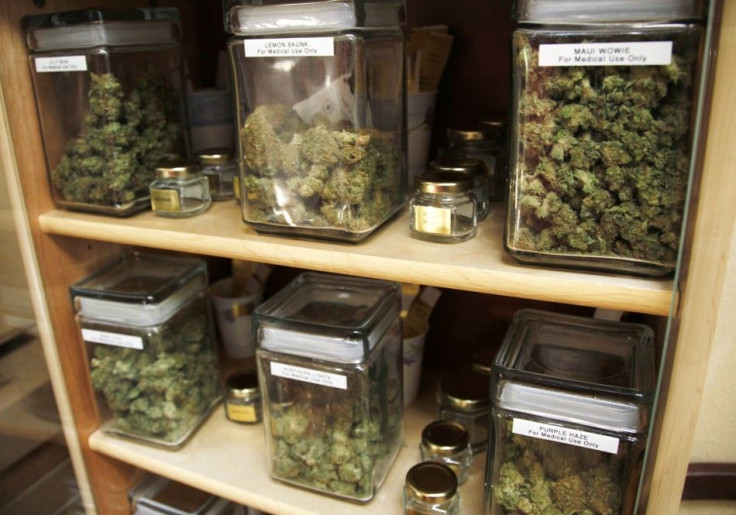77 percent of Americans Support Legalizing Medical Pot: Poll

While several recent polls have shown that Americans are slowly warming up to the idea of legalizing marijuana, a new CBS News poll found that even individuals who do not support its straight legalization believed doctors should be able to prescribe small amounts of cannabis for certain medical purposes.
In fact, 77 percent of Americans believe medical marijuana should be permitted for serious medical conditions, even though a meager 31 percent of respondents said they believed the medical marijuana being purchased in the U.S. under state-authorized programs is being used for that purpose.
Regionally, the poll -- conducted at the end of October - found that individuals on West Coast are more prone to support medical marijuana legalization. Forty-eight percent of respondents from the region said they favored medical marijuana, compared to 43 percent of people in the Midwest, 41 percent of Northeasterners, and 33 percent of those living in the South.
The regional approval is not much of a surprise, since 10 out of the 16 states that have some form of legalized medical marijuana program are located on the West Coast.
Electorate Breakdown
While opinions on medical pot varies based on respondents' political affiliation, CBS News reports a considerable number of conservative voters also support medical cannabis programs. In fact, when categorized by political party affiliation, the number of Independents who said they supported legalizing medical marijuana -- 48 percent -- was higher than self-professed Democrats (45 percent) and Republicans (23 percent.)
Meanwhile, 66 percent of liberals favored medical pot, compared to 45 percent of moderates and 25 percent of conservatives.
Despite acknowledging that marijuana may have a medical benefit, 51 percent of respondents said they did not believe pot should be legalized for recreational uses. However, as multiple polls have indicated, there has been growing support for the marijuana legalization movement in recent years. CBS News reports that in 1979, the first year the organization asked the question in a poll, only 27 percent of respondents said pot should be legal.
The CBS poll is not the only one that has reflected a surge of support for marijuana legalization. An October Gallup poll found that 50 percent of respondets supported legalzing pot, while 48 percent of respondents in a March Harris Interactive poll said they strongly supported decriminalizing the substance.
U.S. DEA Categorization
Currently, the U.S. Drug Enforcement Administration (DEA) categorizes marijuana as a Schedule I drug, which means the federal government considers it to be a highly addictive drug with no medical value. The classification has led to major conflict with some states, particularly California, that recognize the legality of medical pot, since the DEA has repeatedly insisted that federal law on the issue triumphs over individual state edicts.
In October, the California Medical Association became the first statewide medical association in the U.S. to adopt an official policy recommending the legalization and regulation of marijuana. In a statement, the organization said it took that position because pot's classification as a Schedule I substance has restricted scientists' ability to study its health benefits, putting some physicians in an uncomfortable position when they recommend the drug to patients.
The exact medical benefits of marijuana vary, depending on who you ask. A 2010 study from the University of California Center for Medical Cannabis Research reports cannabis is effective in treating neuropathic pain in cancer, diabetes, HIV/AIDs and spinal cord injury patients. The International Association for Cannabinoid Medicines reports there have been 37 controlled studies assessing the safety of marijuana and its naturally occurring compounds in about 2,500 subjects since 2005.
However, the effects of long-term marijuana exposure are still unclear. The strongest argument against the use of medical marijuana is that it may actually accelerate or aggravate the very disorder it is being used to treat, according to Harvard University. In addition, some studies suggest marijuana may weaken the immune systems of sick patients and could damage cells in users' bronchial passages.
© Copyright IBTimes 2025. All rights reserved.





















